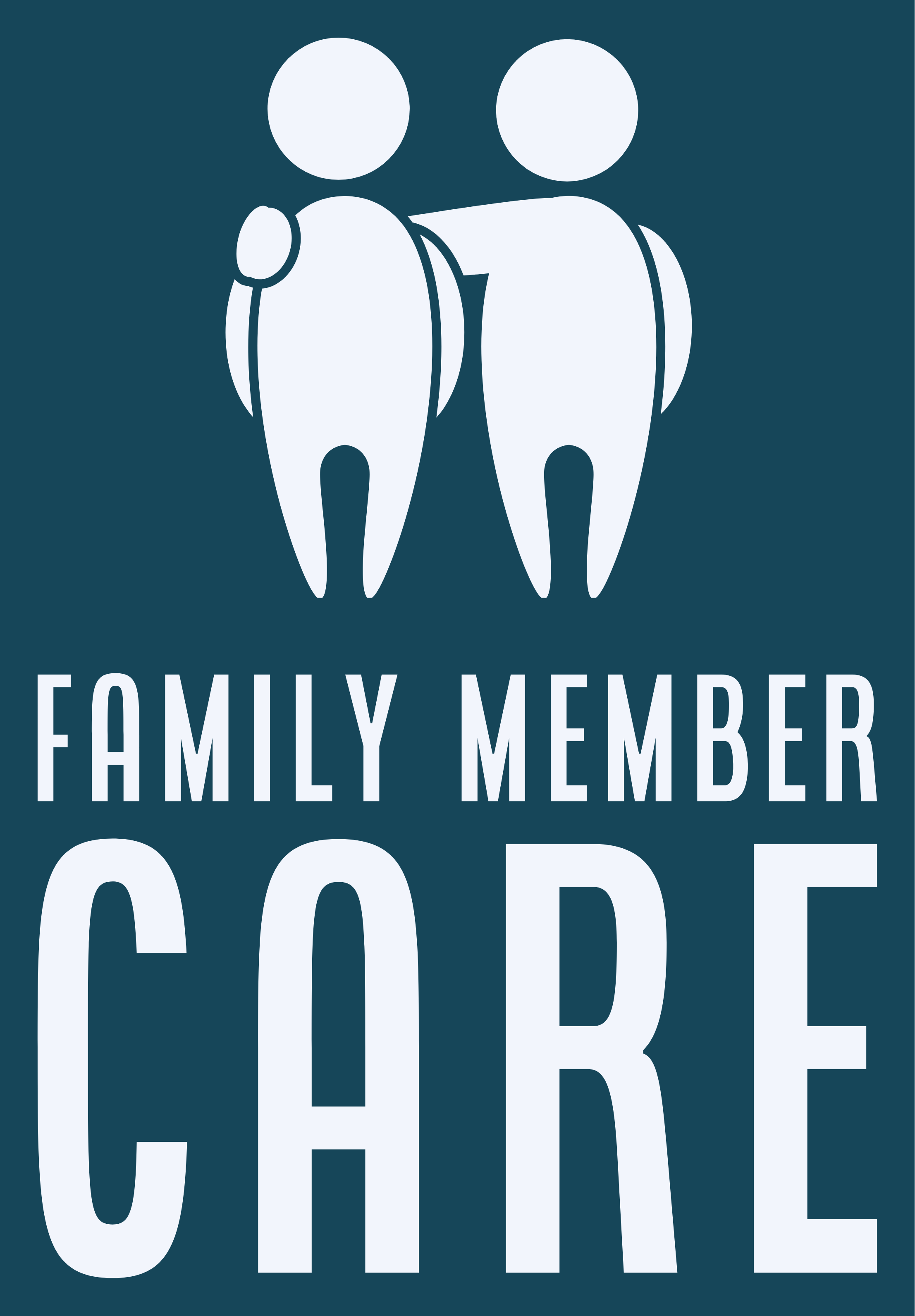The journey of caring for aging parents is a profound and often challenging one. It's a path filled with love, compassion, and a strong desire to ensure the well-being of those who once cared for us. However, it can also be a journey fraught with complex decisions, emotional hurdles, and logistical challenges.
In this comprehensive guide, we will explore practical tips and resources to help you efficiently coordinate care for your aging parents. We understand that this process can be overwhelming, so we aim to provide you with the tools and knowledge to navigate it with confidence and compassion.
1. Initiate the Conversation Early
One of the most crucial steps in coordinating care for aging parents is initiating an open and honest conversation with them. This conversation should address their current and future healthcare needs, preferences, and wishes. While it might be uncomfortable, it's essential to involve your parents in the decision-making process as much as possible, respecting their autonomy. If they feel as if they are part of the process, it will be much smoother for everyone.
2. Assess Your Parent's Needs
Understanding your parent's specific needs is vital for effective care coordination. Consider their medical history, any chronic conditions, medication requirements, mobility issues, and daily living activities they may struggle with. If you’re not already, engage with their healthcare providers to gain a comprehensive understanding of their health status. They might not need you to be involved with the providers just yet, but you want to get in at the first sign of an issue so that nothing is missed.
3. Create a Care Plan
Once you have a clear understanding of your parent's needs, it's time to create a care plan. This plan should outline all aspects of their care, including medical appointments, medication management, dietary requirements, and any necessary home modifications. Collaborate with healthcare professionals to tailor the plan to your parent's unique circumstances.
4. Involve All Family Members
Caring for aging parents is a shared responsibility, and involving all family members in the coordination process is essential. Assign roles and responsibilities based on each member's strengths and availability. Open communication and regular updates among family members are key to maintaining a cohesive care strategy.
5. Leverage Technology
In today's digital age, technology can be a powerful tool for care coordination. Consider using apps or a platform like Family Member Care to centralize medical information, appointments, and other essential details. These tools can help keep everyone in the loop, even if family members are geographically distant.
6. Explore Community Resources
Many communities offer resources and services to support seniors and their caregivers. Look into local senior centers, support groups, and government programs that can provide assistance and guidance. These resources can provide valuable respite care and emotional support for both you and your aging parents.
In Australia for instance, your parent could be eligible for government-supported Home Care Packages. See here for details.
7. Financial Planning and Legal Considerations
Discuss financial planning and legal matters with your aging parents to ensure their affairs are in order. This includes creating or updating wills, establishing power of attorney, and exploring long-term care insurance options. Consulting with a financial advisor or lawyer can help navigate these complex topics.
8. Maintain Self-Care
Caring for aging parents can be emotionally and physically draining. It's crucial to prioritize self-care to prevent caregiver burnout. Seek support from friends, family, or therapists if needed. Respite care services can provide temporary relief and allow you to recharge.
9. Regularly Review and Adjust the Care Plan
Aging parents' needs can change over time, so it's essential to regularly review and adjust the care plan accordingly. Schedule periodic meetings with healthcare professionals, family members, and your parents to ensure their care remains appropriate and effective.
10. Seek Professional Help When Needed
Don't hesitate to seek professional guidance when facing complex medical or caregiving challenges. Geriatric care managers, social workers, and healthcare professionals can offer expert advice and help you make informed decisions.
*
Coordinating care for aging parents is a profound and often challenging responsibility. However, with proper planning, open communication, and the support of family and community resources, you can ensure your parents receive the best possible care while maintaining your own well-being.
If you're looking for something to help coordinate diagnoses, medications, appointments (and more) with family members, support workers, and healthcare providers, consider the Family Member Care platform. You can learn more about it here.


